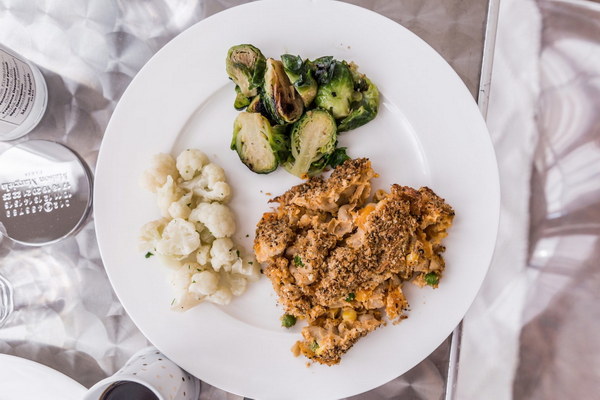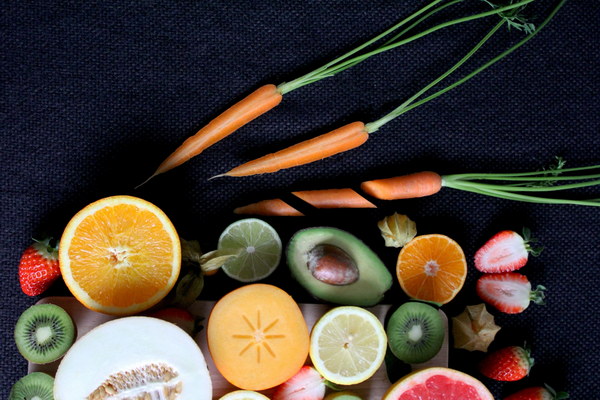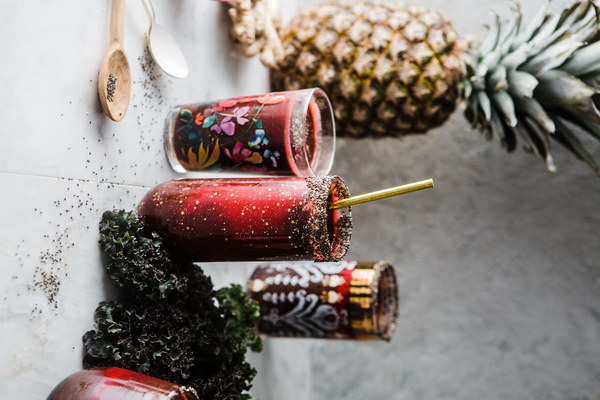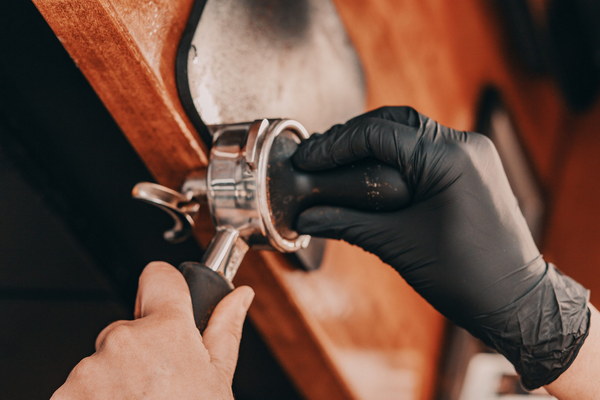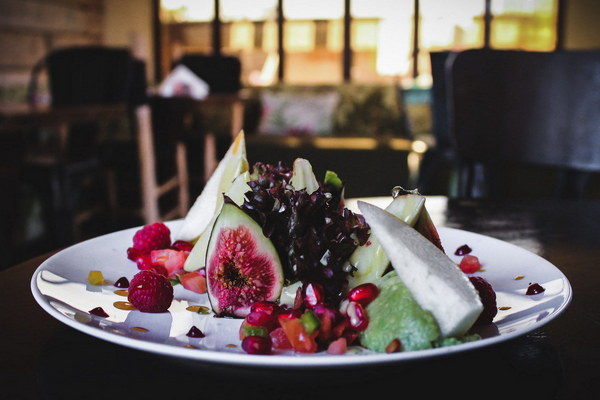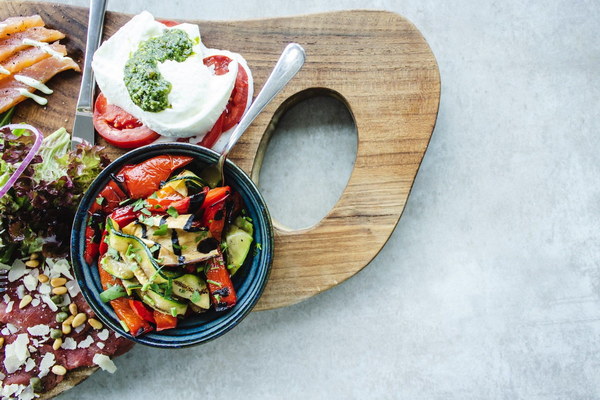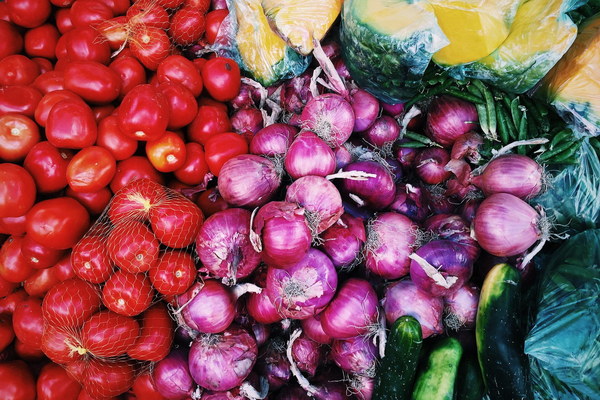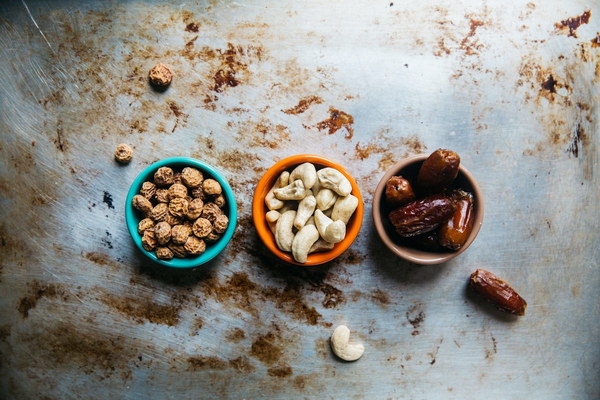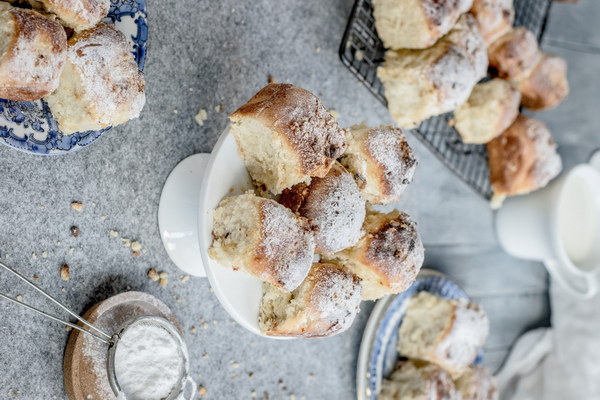Navigating the Dos and Don'ts of TCM What to Avoid When Consuming E-Jiao (Horse Hoof Gelatin)
In traditional Chinese medicine (TCM), E-jiao, or horse hoof gelatin, has been prized for its supposed health benefits. Known for its nourishing properties, E-jiao is believed to enhance blood, boost the immune system, and improve skin health. However, like most herbal remedies, it is essential to follow a specific diet while consuming E-jiao to maximize its benefits and avoid potential side effects. This article will guide you through the dos and don'ts of TCM, focusing on the types of food and drinks to avoid when incorporating E-jiao into your daily routine.
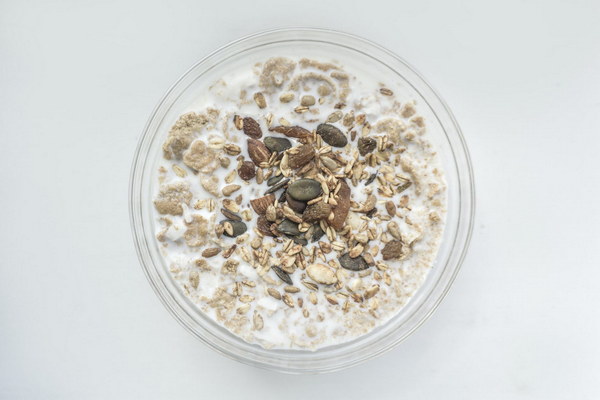
Firstly, let's discuss the foods to avoid while taking E-jiao. TCM suggests that certain foods can counteract the effects of E-jiao, leading to a decrease in its efficacy. Here are some key foods to steer clear of:
1. Cold and raw foods: TCM believes that cold and raw foods can hinder the absorption of E-jiao's nutrients. These include uncooked vegetables, fruits, and dairy products.
2. Alcoholic beverages: Alcohol is considered a heaty substance in TCM, and consuming it while on an E-jiao regimen can lead to an imbalance in body temperature and energy levels.
3. Spicy foods: Spicy dishes can exacerbate internal heat and inflammation, which may negate the soothing effects of E-jiao.
4. Seafood: Certain seafood, such as crab, shrimp, and shellfish, are considered to be cold in TCM and may interfere with the absorption of E-jiao's nutrients.
5. Certain meats: Pork and chicken are believed to have cooling properties that can counteract the warming effects of E-jiao. It is best to avoid these meats while on this supplement.
6. Excessive sugar: High sugar intake can lead to dampness in the body, which may impede the absorption of E-jiao's nutrients.
7. Cold herbs and foods: TCM identifies certain herbs and foods as cold, such as mint, ginger, and cucumber. Consuming these while on E-jiao can disrupt the balance of body temperature and energy.
Now that we have outlined the foods to avoid, let's look at the types of food and drinks that are recommended while taking E-jiao:
1. Warmed or steamed vegetables: These can be easily digested and absorbed, allowing the body to benefit from the nutrients in E-jiao.
2. Mildly seasoned soups: Soups made with ingredients such as chicken, beef, or pork, seasoned with herbs like goji berries and Astragalus, can provide warmth and nourishment.
3. Fresh fruits: Berries, apples, and pears are considered to be warming and can complement the effects of E-jiao.
4. Nourishing grains: Brown rice, quinoa, and millet are gentle on the digestive system and can help absorb the nutrients in E-jiao.
5. Warm beverages: Green tea and warm herbal teas, such as chamomile or ginger, can be consumed in moderation, as they are believed to have a balancing effect on the body's energy.
In conclusion, incorporating E-jiao into your daily routine requires a mindful approach to diet. By avoiding cold and raw foods, alcohol, spicy dishes, certain seafood, meats, excessive sugar, and cold herbs and foods, you can enhance the benefits of E-jiao and support your overall health. At the same time, consuming warming foods, soups, fresh fruits, nourishing grains, and warm beverages can help maintain a balanced and harmonious body temperature and energy flow. Remember, it is always best to consult with a qualified TCM practitioner before starting any new supplement or dietary regimen.
